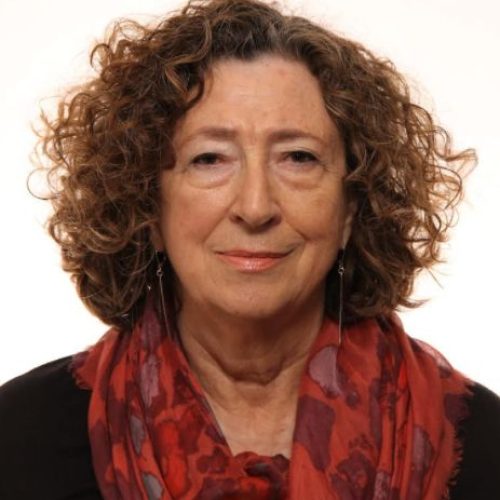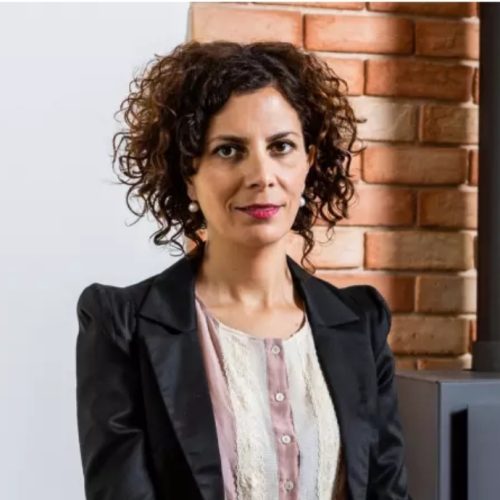>> Read the full position paper in pdf
The following position paper was submitted to the legal counsel of the Ministry of Communications via the government legislation website at www.tazkirim.gov.il on 14 December 2023.
The draft amendment to the Second Authority for Television and Radio Law-2023 (Temporary Provision for Iron Swords War: Expansion of Regional Radio Broadcasts Beyond Current Franchise Area) proposes that a regional radio station wishing to do so may expand broadcasts beyond its franchise area. The explanatory notes attached to the draft bill state that the purpose of the proposal is to provide a response to security and social needs in the event that the population is forced to stay in bomb shelters for extended periods of time, during which “they may be unable to receive alerts from the Home Front Command… or to receive certain stations.” Below is a brief summary of the problems arising from the proposed plan.
1. The plan lacks a factual basis.
- No factual basis is presented indicating the existence of a security need or otherwise to which the proposed plan may provide a response.
- From the technological point of view, the plan is inapplicable at best and wreaks havoc on the radio landscape at worst due to the fact that it eschews the procedures established in the Wireless Telegraph Ordinance and the high cost associated with its implementation.
- The plan conflicts with emergency needs and might endanger lives. As most dangers are regional, turning regional radio stations into quasi-national ones will not only not contribute to their ability to alert to these threats but will actually harm it.
2. The plan is unconstitutional and disproportionately infringes on Basic Law: Freedom of Occupation and Basic Law: Human Dignity and Liberty.
- The proposed expansion of a regional radio station’s license to broadcast nationwide amounts to a new franchise awarded without due process and in a way that harms competition, equal opportunity, and freedom of occupation.
- The proposed plan is disproportionate, might wreak technological chaos, and does not meet the limitations clause in Basic Law: Freedom of Occupation: [I] There is no rational link between the means (option offered to radio stations) and the end (response to a totally unfounded security/social need); [II] The harm to those unable to compete for such a license is severe and disproportionate; [III] Not only does the plan show no benefit, but quite the opposite: technologically, it will wreak havoc on the frequency map, while the ditching of the regional focus will cause serious damage. In such emergencies as rocket attacks, terrorist infiltrations, fires, or train/truck collisions, the proposed plan will harm the role of the regional station and its ability to broadcast regionally-targeted alerts.
.
3. The plan smacks of corruption, as it awards a benefit to owners of regional radio franchisees and is yet another step in the government’s takeover of the Fourth Estate.
- The purpose of the plan is evident from its beneficiaries: Regional radio franchisees able to broadcast nationwide and expand their audiences and influence, and the Minister of Communications and government at large who will strengthen their grip on broadcasters and on the diffusion of government-serving content.
- Among the definitions of corruption, the one that best describes the plan is “politicians awarding contracts to their benefactors.” Unashamed corruption that takes place in broad daylight is exactly what we have here, and which is often described as Kleptocracy: The government putting public resources in the hands of its benefactors under the guise of legislative proposals.
- Our position is that the plan is yet another step in the continued looting of public resources. It should be shelved altogether, or else we will pay the well-known price that corruption exacts: damage to democracy and exacerbation of inequality and social division.
.
4. In conclusion, Zulat’s position is that this plan lacks a factual basis, is unconstitutional, violates freedom of occupation and human dignity, is harmful to the media industry and goals of local radio, and is yet another step in the continuous looting of public resources being pursued even more vigorously at a time when the air is filled with the smoke of war and pain pierces the heart of Israeli society.





